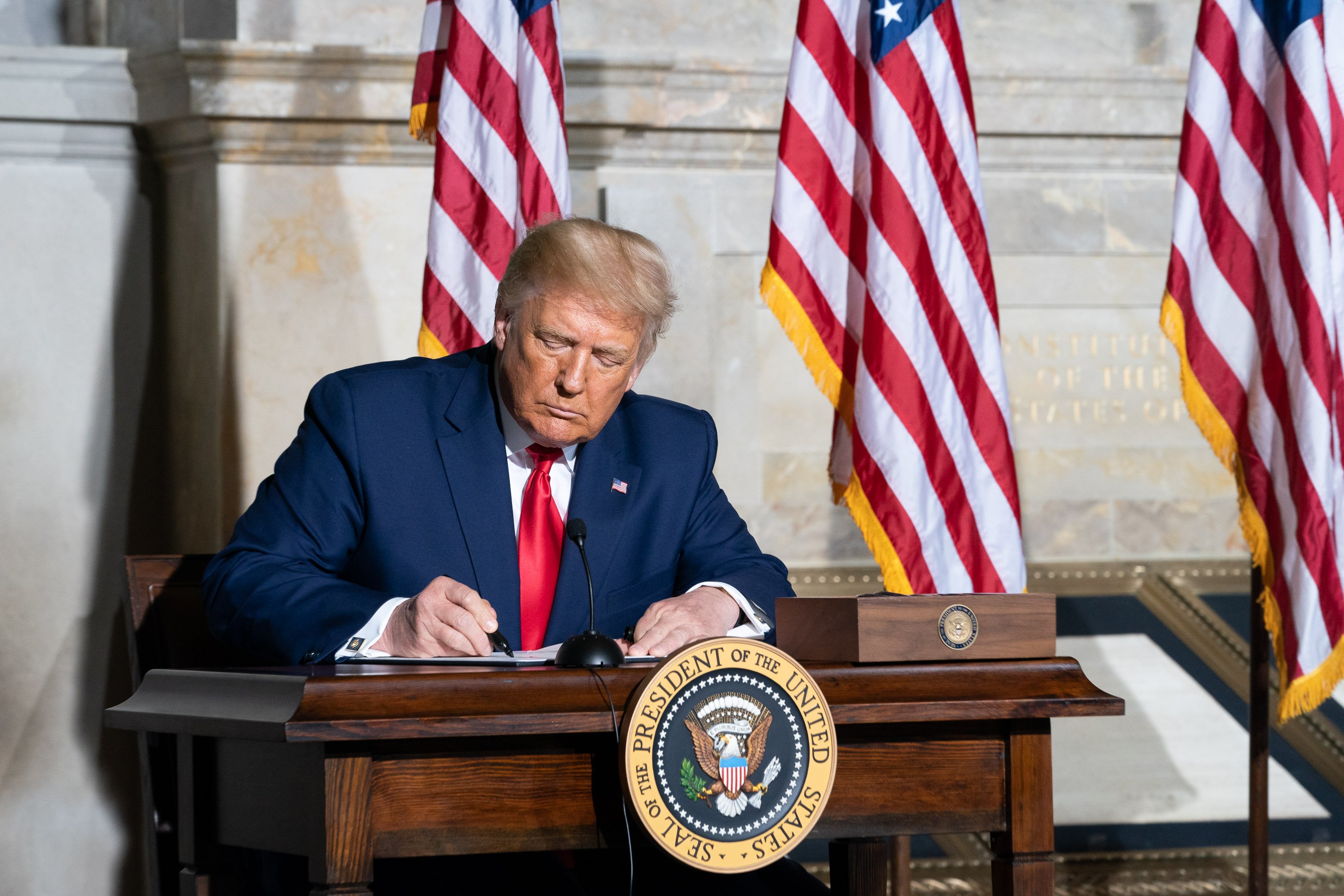Although we don't believe in timing the market or panicking over daily movements, we do like to keep an eye on market changes -- just in case they're material to our investing thesis.
Let's put this out there: Our political leadership would have to be pitifully out of touch or willfully ignorant of the consequences if it decided to let the government shut down.
So let's not rule it out..
The fact that a government default is still even a conceivable outcome of the debt-ceiling debate is slowly ratcheting up anxiety levels on Wall Street, as it should. Sadly enough, a default is a real possibility as the October 1 deadline approaches. The S&P 500 Index (^GSPC 1.23%), as a result, did what you'd expect it to do: It fell, losing 4 points, or 0.3%, ending at 1,697.
The most severe decliner in the benchmark S&P index was open-source software powerhouse Red Hat (RHT +0.00%), which plummeted 11.7% after disappointing quarterly results. Monday's announcement saw the company outperform in the fiscal second quarter, but, as the saying goes: "Investors buy the future -- the past is not for sale." That future was too overcast for Wall Street, and while some analysts expected a 14% growth in sales to new customers, that figure -- known as "billings" -- came in at just 8%.
Carnival (CCL 1.96%) was the index's second-biggest laggard on Tuesday, slumping 7.7% as the cruise ship operator felt the wrath of investors. Its earnings in the most recent quarter were 30% below those of the same period last year, and with a very public excavation of the wrecked Costa Concordia happening right now, Carnival's PR team must be working overtime.
Finally, J.C. Penney (JCP +0.00%), while not a literal shipwreck, will make for a fine business school case study one day. The study will ask questions like "What happens to a retailer's stock when it allows an impatient hedge fund manager to start calling the shots?" and "What happens when a retailer decides to do away with sales altogether?" and "Are customers forgiving in these circumstances?" Today's 3.7% decline should be a solid gauge of how stockholders feel about the matter.







